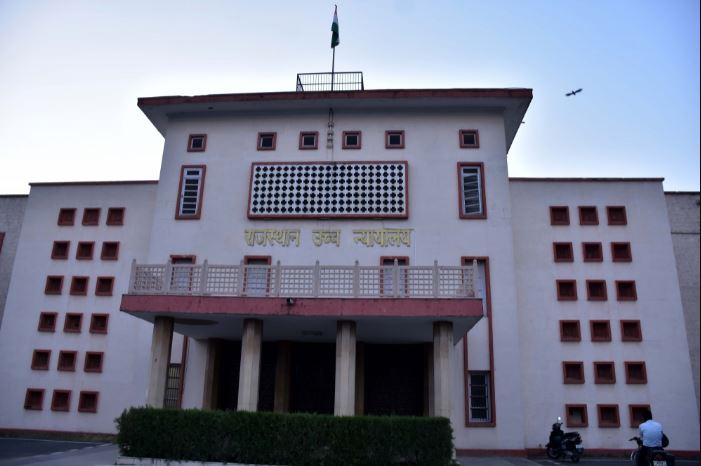Jaipur: The Rajasthan High Court order staying all construction-related activities within 1,000 meters from the boundary of the Kumbhalgarh Forest Reserve has left many industry stakeholders shocked and surprised.
“It is hereby directed that all construction activities being undertaken within a distance of 1000 meters from the boundary of the Kumbhalgarh Forest Reserve shall remain stayed……. The Principal Secretary, Department of Tourism and District Collector, Rajsamand and Pali shall be personally responsible for ensuring compliance of this order…,” said the court in its order dated January 18.
Justices Vinod Kumar Bharvani and Sandeep Mehta, in the Civil Writ Petition issued the order while hearing a petition filed before the Court by one Ritu Raj Singh which said “rampant construction activities are being undertaken in the vicinity of Kumbhalgarh forest boundary by breaching the order of the Government of Rajasthan.”
He cited an order issued by the department of Forest, Rajasthan, on 31.3.2015. The forest order meant a ban on “all commercial and industrial activities……in a periphery of one kilometer from the protected boundaries of forest which includes Kumbhalgarh Wildlife Sanctuary.” His contention was that activities around Kumbhalgarh Sanctuary breached the forest order.
The court’s recent order has hence stopped the construction activities within 1000 meters of the “Kumbhalgarh Forest Reserve” while the forest order named it as “Kumbhalgarh Wildlife Sanctuary.”
Responses have been sought from three Government offices: Collector, Pali, Collector, Rajsamand, and Additional Chief Secretary, Tourism of Government of Rajasthan.
According to the affected businessmen, the petition by Ritu Raj Singh had a motive against some particular construction activities. Against this, all activities now face the axe as per the one-and-a-half page court order.
Kumbhalgarh wildlife sanctuary and forest areas around it are located in southern Rajasthan comprising mainly three districts: Pali, Rajsamand, and Udaipur. Close by the forest stand denuded hills of the Aravali system where hundreds of marble mines are in operation. They cover a long stretch of nearly 30 km length and about one km breadth.
Several thousand workers are engaged at these sites. Some processing plants have assumed shapes of large scale projects using gang saws to chisel, cut and polish huge marble blocks.
Kumbhalgarh forest’s environs are spread far and wide with steep slopes at numerous places. A train passes through this forest connecting Udaipur with Marwar Junction. Numerous temples draw streams of people, generally on foot as access via road is not available. Nearly forty hotels and several small guest houses are operating to draw an appreciable number of tourists round the year. It happens to be the second highest hill region in Rajasthan, next to Mount Abu.
All such business enterprises now face an indefinite future. Shatrughan Singh Shekhawat, who dealt with marble business for long, said the state authorities ought to realise ramifications of such a petition and present before the Court basic facts as to how development has translated the policies of government, both Central and State.
The hoteliers have decided to hand over facts to the state tourism authorities of Rajasthan about tourism as a sustainable business model at Kumbhalgarh. They argue that a big share of tourism revenue goes to the local tribal people. “The forest department has not cared for decades about stake holders, whether business or tribals surviving on grass and leaf collection; it is time they present a sustainable model before the Court so that both business and conservation go hand in hand, the need of modern day development” said Harsh Vardhan, Honorary Secretary of Tourism & Wildlife Society of India.
He has been on panels of Environment Ministry as well as State Government for wildlife conservation relatedA programmes.
IANS
